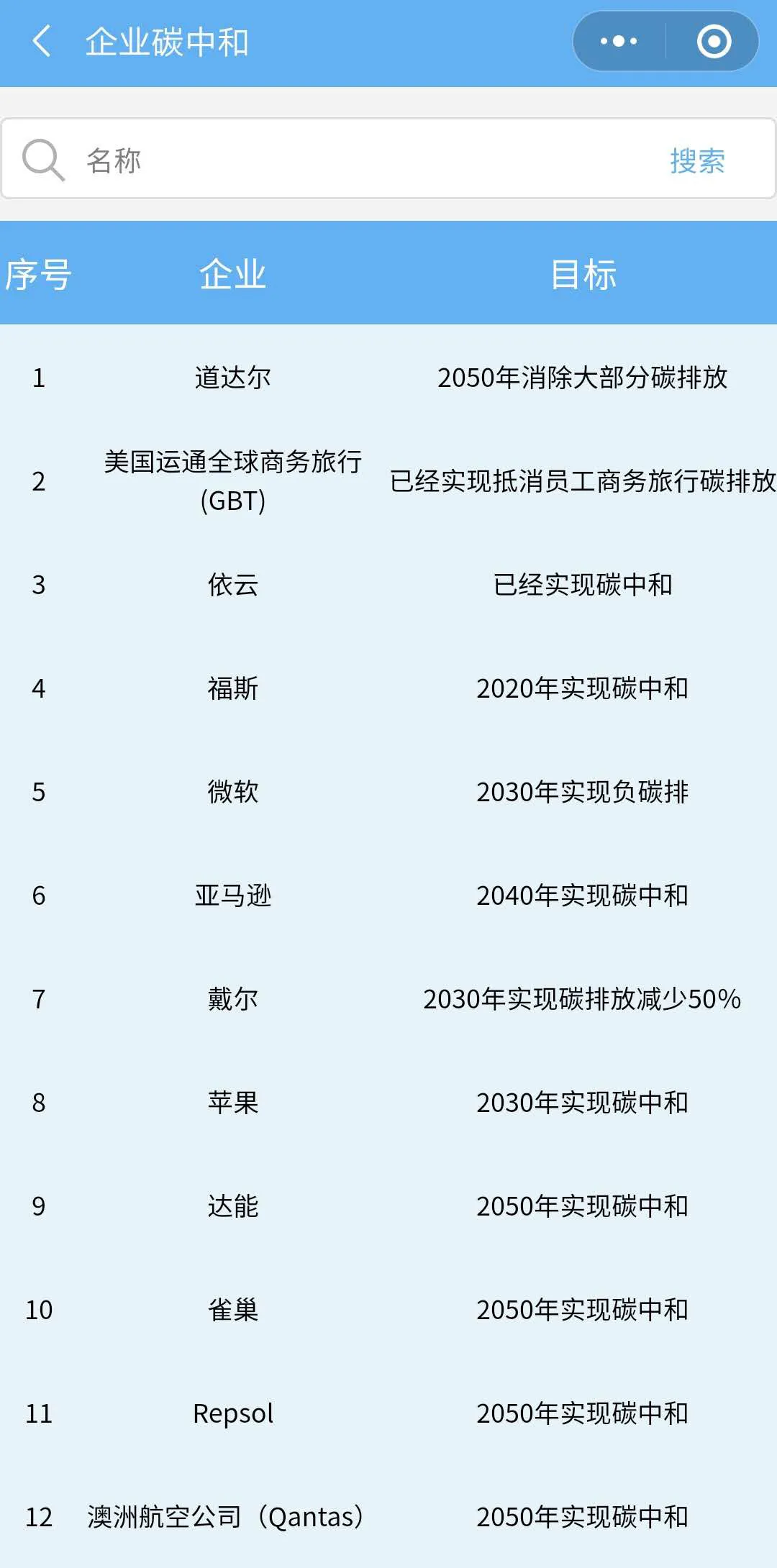On September 22, 2020, President Xi Jinping of the People's Republic of China delivered an important speech at the General Debate of the 75th Session of the United Nations General Assembly. China proposed to increase its nationally determined contributions, adopt more robust policies and measures, strive to peak CO2 emissions before 2030, and endeavor to achieve carbon neutrality before 2060. This powerful statement has attracted widespread attention globally.
Significance:
Xie Zhenhua, Special Advisor on Climate Change Affairs at the Ministry of Ecology and Environment and Dean of the Institute of Climate Change and Sustainable Development at Tsinghua University, stated that China's goal of achieving carbon neutrality before 2060 far exceeds the requirement of the Paris Agreement for global carbon neutrality between 2065 and 2070 to limit global temperature rise to 2°C. This could advance the global achievement of carbon neutrality by 5 to 10 years and play a crucial role in global climate governance.
Professor He Jiankun, Vice Chairman of the National Expert Committee on Climate Change and Academic Committee Chair of the Institute of Climate Change and Sustainable Development at Tsinghua University, believes that: "The emission pathway for the scenario of carbon neutrality by 2060 requires near-zero emissions to be achieved by 2050, building a sustainable energy system primarily based on new and renewable energy. Achieving carbon neutrality by 2060 necessitates significant transformations across China's economic system, energy system, and technological systems, requiring arduous and relentless efforts. At the same time, this transition will bring multiple co-benefits to China, including enhanced economic competitiveness, social development, and environmental protection."
According to Zhang Shuwei, Director of the Zhord Environmental Research Center, China's commitment to achieving carbon neutrality by 2060 means that after peaking around 2030, carbon emissions must continue to decline rapidly for 30 years. This has strong implications for the transformation of energy, transportation, industry, construction, and agriculture, signaling significant investment opportunities.
Definition:
Carbon neutrality refers to the process by which countries, enterprises, groups, and individuals offset their greenhouse gas emissions through afforestation or purchasing carbon credits such as CCERs, thereby achieving zero net greenhouse gas emissions. In the current context of global warming, carbon neutrality has become an essential measure for governments, enterprises, organizations, and individuals to address climate change.
Pathways:
To achieve the goal of carbon neutrality by 2060, China should deepen and accelerate the revolution in energy and consumption, strengthen development goals for clean, sustainable, and renewable energy sources such as wind and solar power, and promote their dominance in the energy system to achieve earlier peaking of carbon emissions and control the peak at a relatively low level.
Experts propose that in the 14th Five-Year Plan, more explicit climate targets should be set, limiting the use of traditional energy sources like coal and setting clear restrictions on their usage ratio to accelerate the energy structure transition. Additionally, governments, institutions, enterprises, and other entities should actively explore sustainable mid-to-long-term development pathways that integrate technology, business, and energy.
Countries:
In fact, more than 100 countries have already proposed or are about to propose carbon neutrality goals. Among them, Suriname and Bhutan have already achieved carbon neutrality. Ten countries, including the UK, France, Germany, South Korea, Sweden, Norway, Finland, Denmark, New Zealand, and Hungary, have incorporated carbon neutrality into legislation. China, the EU, South Africa, Japan, Singapore, California, and 16 other countries or regions have included carbon neutrality in their national strategies. Italy, Canada, Mexico, the Netherlands, Colombia, Argentina, Belgium, Pakistan, Ethiopia, Libya, Monaco, and 90 other countries are discussing incorporating carbon neutrality into their national strategies.

Enterprises:
Besides national emphasis, many enterprises have also integrated carbon neutrality or reducing carbon emissions into their strategic goals. Companies such as Google, Evian, Marks & Spencer, Gucci, Philips Lighting, and Delta Air Lines have announced they have achieved carbon neutrality. Apple, Siemens, IKEA, PwC, Unilever, and LEGO have pledged to achieve carbon neutrality by 2030, Microsoft aims to achieve negative emissions by 2030, and L'Oréal plans to achieve carbon neutrality in all factories by 2025. Dell aims to reduce carbon emissions by 50% by 2030, Volkswagen aims to achieve zero-emission vehicles by 2050, and Mercedes-Benz aims to achieve vehicle carbon neutrality by 2039.

Events:
Green and low-carbon concepts have now become the mainstream idea for hosting large national events. In June 2014, Carbonstop and the United Nations System Committee on Climate Change and Environment jointly issued the "Guidelines and Actions for Green Meetings", providing references and standards for implementing green meetings. In June 2019, the Ministry of Ecology and Environment officially released the "Implementation Guidelines for Carbon Neutrality in Large Events (Trial)" to promote the practice of low-carbon concepts and advocate a new trend of honoring low-carbon values.
The concept of carbon neutrality in events has a long history. The 2010 Vancouver Winter Olympics was the first to achieve carbon neutrality. The Vancouver Winter Olympics was the first in history to meet the "carbon neutral" standard, with the travel of over 7,000 athletes, coaches, and officials also achieving "carbon neutrality." To achieve this, 90% of Vancouver's electricity came from renewable hydroelectric sources, the government set the strictest green building standards for Olympic venues, and most SUVs and buses within the city used hydrogen power. The municipal government also vigorously promoted public transportation—there were no spectator parking areas at the Olympic venues. During the Olympics, then-Mayor Robertson led by example, commuting by bicycle.
Since 2010, China has seen a series of events achieve carbon neutrality. These include the Third China Forum on Ecological Civilization and Green Competitiveness in 2010, the APEC Meeting in 2014, the Hangzhou Marathon in 2018 and 2019, and the Alibaba Expo in 2020. The China Green Company Annual Meeting has achieved carbon neutrality for ten consecutive years since 2011. Furthermore, the 2022 FIFA World Cup in Qatar will also achieve carbon neutrality.

